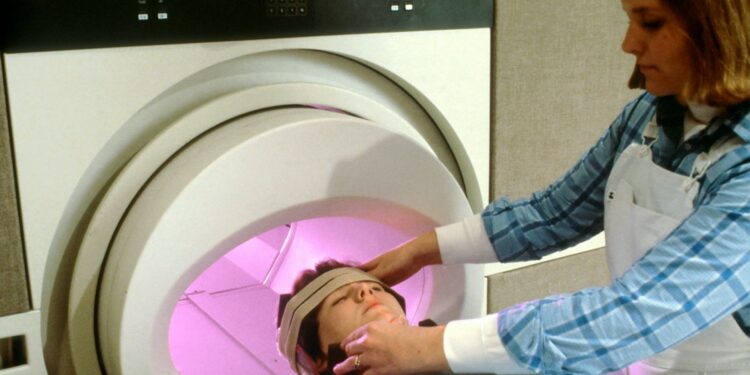It will provide an early warning.
Recent research indicates that brain scans may help identify individuals at risk of developing chronic pain following a whiplash injury. The study discovered that heightened communication, or “cross talk,” between two specific regions of the brain within one to three days post-injury is linked to an increased likelihood of long-lasting pain.
Specifically, researchers found that greater interaction between the hippocampus—responsible for memory—and the cortex, which plays a role in long-term memory, correlates with a higher risk of chronic pain. Additionally, the level of anxiety experienced immediately after a whiplash accident can improve doctors’ ability to predict the presence of chronic pain one year later.
According to lead researcher Paulo Branco, an assistant professor at Northwestern University’s Feinberg School of Medicine, these findings underscore the significant role memory plays in how individuals perceive pain. He emphasized that pain is not solely related to physical injury but is also shaped by the brain’s interpretation of past experiences. “The brain determines whether a movement should be painful, potentially relying on prior memories,” Branco noted in a statement.
In the study, over 200 whiplash patients were examined, with 177 undergoing MRI scans within three days of their injury. Data was collected from March 2016 to December 2021, and patients were monitored for a year to determine who developed chronic pain and who recovered completely. Researchers suggested that increased communication between the hippocampus and cortex may reinforce memories associated with the initial pain of the whiplash injury.
Branco explained that the hippocampus plays a key role in transforming new experiences into lasting memories, leading to strong associations between head and neck movements and pain. This creates expectations that can heighten the perception of pain based on emotional significance. If this theory holds, it suggests that managing a patient’s pain and anxiety shortly after an injury could significantly impact their risk of developing chronic pain.
Researchers believe that understanding this critical early period can help shift treatment strategies from a focus on curing chronic pain to preventing it. By addressing anxiety immediately following an injury, it may be possible to prevent changes in the brain’s response to pain, potentially using anti-anxiety medications or other therapies. Future studies will delve into the mechanisms behind the observed brain communication in response to injury and explore whether these findings extend to other chronic pain conditions.

































Discussion about this post